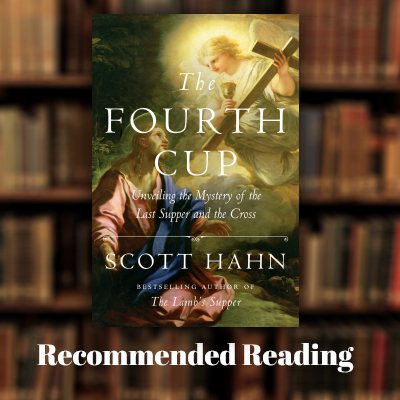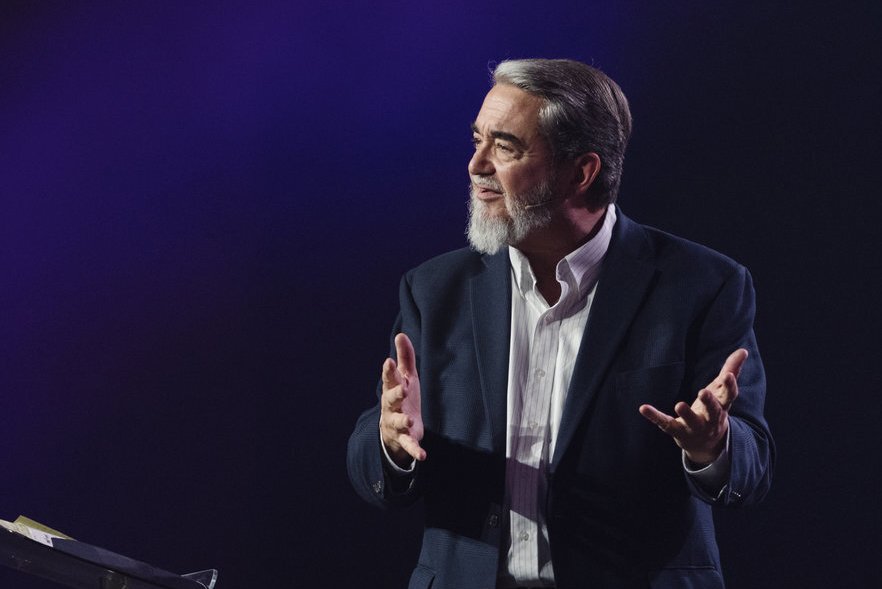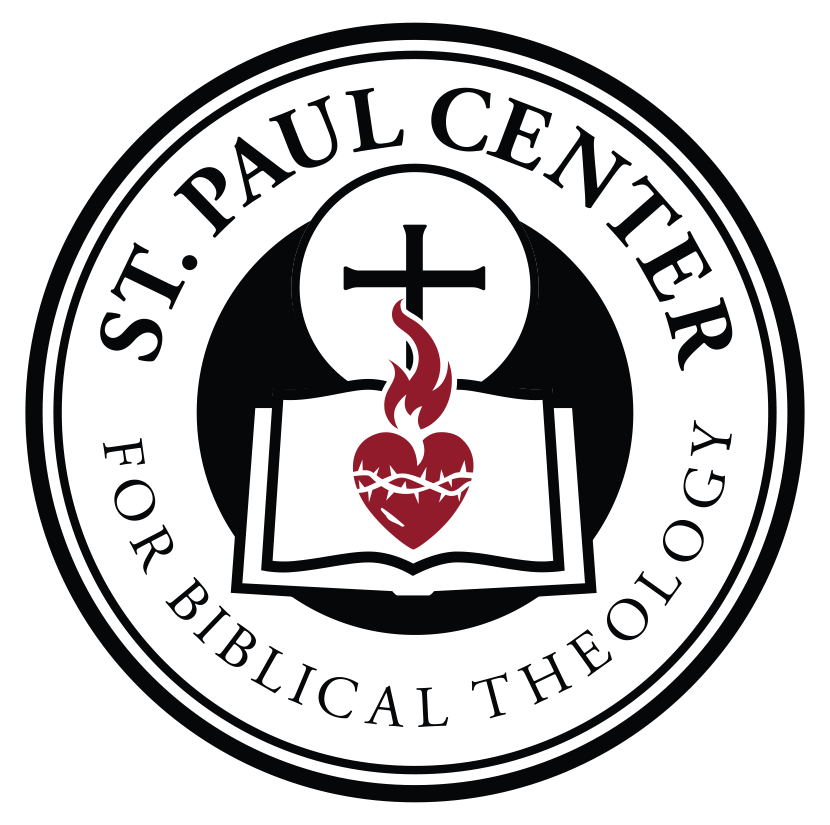A SUNDAY FOR SCRIPTURE
/It’s a New Year, a time of hope, and we look ahead with wonder and a bit of apprehension. We know this year will be different in its own way. It will be defined by particular events that belong to 2020 and no other year.
For many, those events are an enigma. They’ll be surprises, for good or for ill, and we’ll hear about them on the morning or evening news.
But I can tell you right now that one of my highlights—a year-defining moment for me and all my colleagues at the St. Paul Center—will take place on January 26.
That day will mark the Catholic Church’s first celebration of a new and special feast: the Sunday of the Word of God.
Pope Francis established this feast with his Apostolic Letter Aperuit Illis, published on September 30, 2019. “I hereby declare,” he wrote, “that the Third Sunday in Ordinary Time is to be devoted to the celebration, study and dissemination of the word of God.”
He suggested many ways a parish could mark the day. They could enthrone the Scriptures, as some of the Eastern churches already do. Pastors could distribute Bibles—or portions of the Bible—as gifts to the entire congregation. Special attention should be given to the homily that day, said the Holy Father.
From its opening words the letter had my heart. Aperuit illis . . . the phrase comes from my favorite story in all of Scripture: “He opened their minds to understand the Scriptures” (Luke 24:45). It describes the moment when two disciples are walking along the road to Emmaus with a stranger, who leads them to understand Jesus’ suffering and death in the context of all salvation history. The disciples don’t know that the stranger is Jesus himself until he is made known to them “in the breaking of the bread.”
This scene defines my personal mission in life— and our collective mission at the St. Paul Center. We walk with Jesus. He opens our minds to the meaning of Sacred Scripture, the Old Testament and the New. And he leads us to Holy Communion with him: body, blood, soul, and divinity. In doing this he teaches us to read the Bible from the heart of the Church, which is the Eucharist, the sacrament that renews God’s sacred covenant with us. In Aperuit Illis Pope Francis spoke of “the unbreakable bond between Sacred Scripture and the Eucharist.”
If you had asked me to sit down and write a manifesto about the work of the Center, I could not have done better. It’s as if Pope Francis had been eavesdropping on our staff meetings for years. The letter is, moreover, in clear continuity with Verbum Domini, Pope Benedict’s 2010 post-synodal apostolic exhortation on the Word of God in the life and mission of the Church.
To top it off: Pope Francis chose September 30 to make the announcement last year. That’s the feast of St. Jerome, the Church Father and Doctor who translated the Bible from Greek and Hebrew into Latin, the common language of the people. And last year’s memorial marked the 1,600th anniversary of his death. It was Jerome who said “ignorance of Scripture is ignorance of Christ.” We keep a relic of St. Jerome at the Center, and we try to honor his memory in the work we do.
There’s a sense in which every Sunday is a feast honoring Scripture. This was one of the great discoveries I made about the Catholic Church—and I made it while I was still a Protestant. At every Sunday Mass Catholics proclaim two substantial portions of the Old Testament (a reading and a Psalm) and then two substantial portions of the New Testament (usually from the epistles and the Gospel). The three- year lectionary arranges these texts so that everyone in the Church can hear the bulk of the Bible many times over the course of a life. This is a particular privilege of Catholics—though many Protestant denominations have adopted the Catholic lectionary since its revision in the 1970s.
You and I have so much to celebrate on Sunday, January 26. If you’re reading this early in the month, maybe you can suggest (or sponsor) some ways for your parish to observe the day. You can launch one of the St. Paul Center’s video series. You can give your priests the gift of a registration at one of our clergy conferences.
But do find a way to celebrate. God, in his providence, has given us this day as a grace and a gift, something special in 2020, but lasting for ages afterward.
As you celebrate, of course, please pray for our work at the St. Paul Center, that we may serve the Lord by opening many “minds to understand the Scriptures.”

















